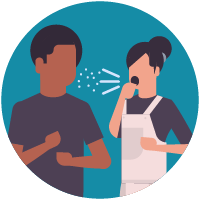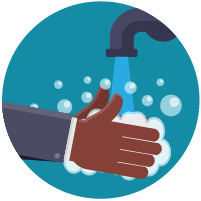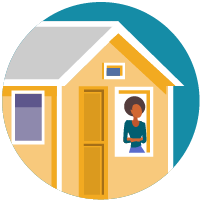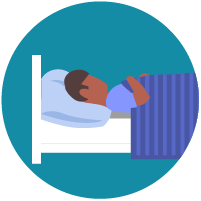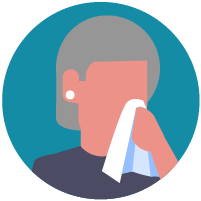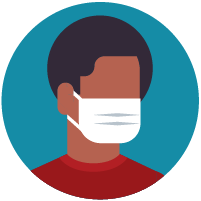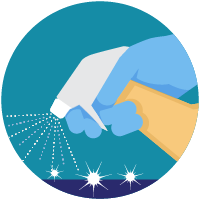
Chronic back pain
Texas Pain And Regenerative Medicine has emerged as a leader in treating back pain by integrating PRP therapy and a multimodal approach that targets the root cause of the problem. Through customized treatment plans and a dedication to staying up-to-date wi

